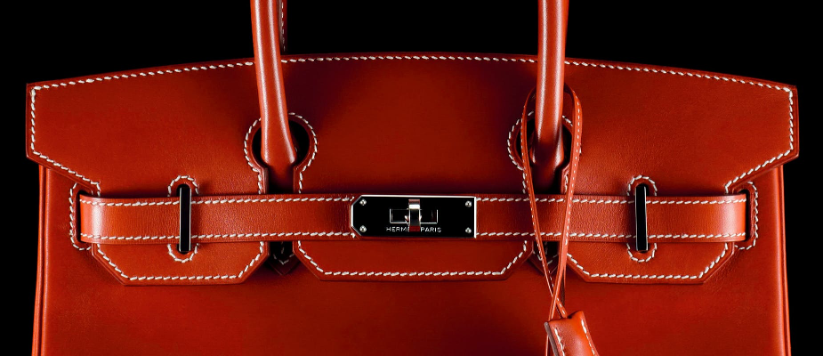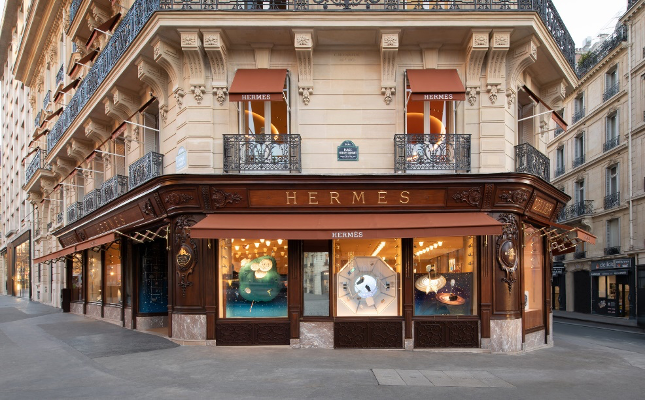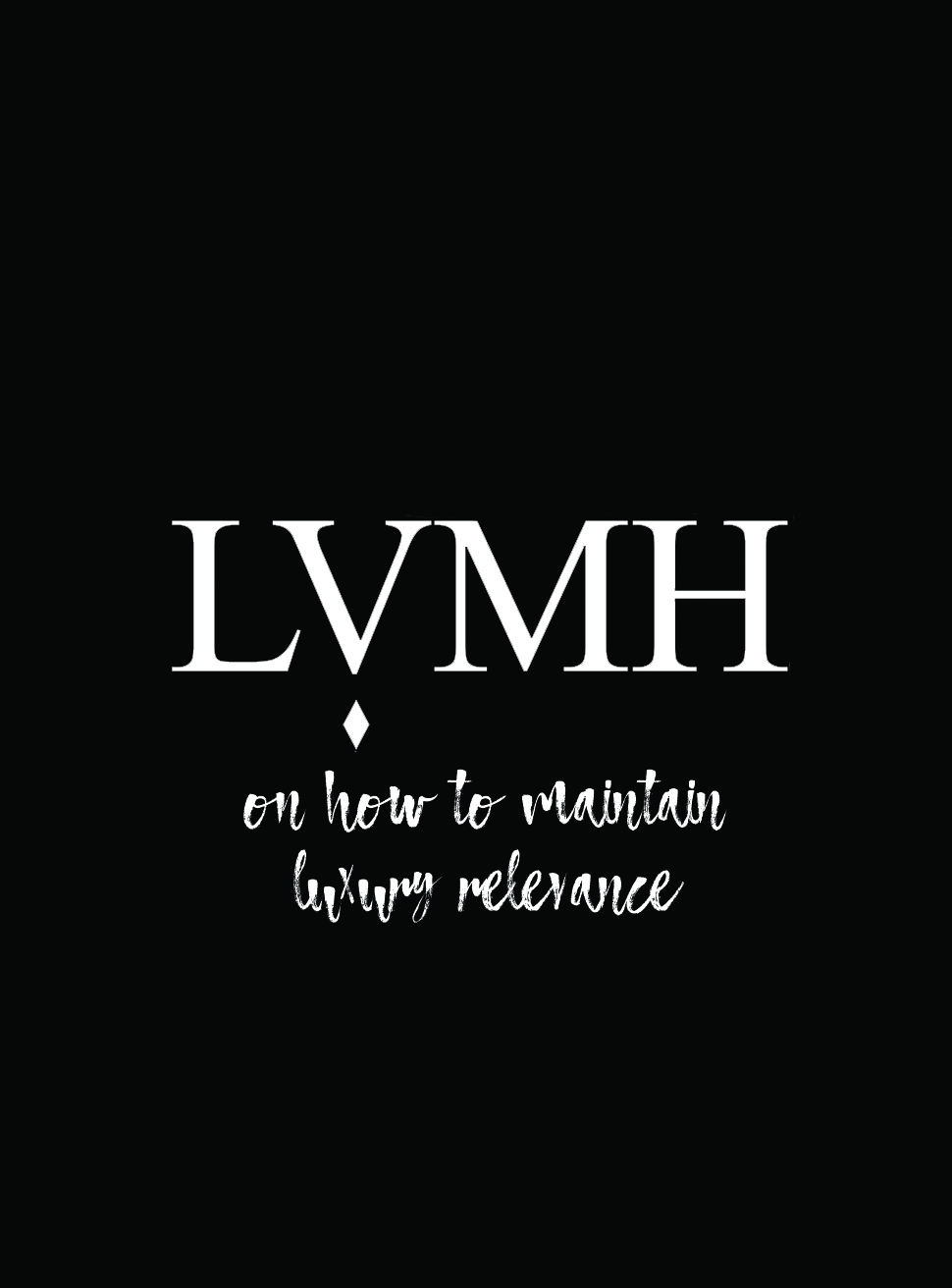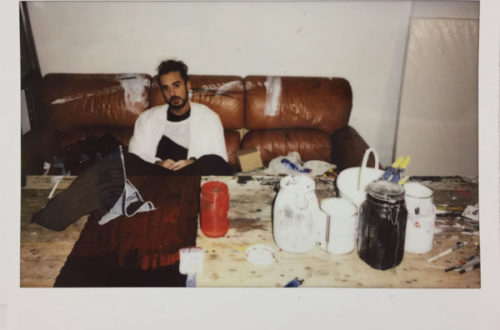We all know about the “dream factor” created by Hermès bags and accessories and we all know about the brand’s unusual distribution process; what we don’t know, on the other hand, is what makes Hermès differentiate up to a point that allows the company to exploit the scarcity factor, namely production well below demand.
One peculiarity with the French public, yet family-run, brand is that it doesn’t have and, supposedly, doesn’t need a marketing department, it doesn’t monitor customers’ preferences nor competitors’ strategies. What the company does need, instead, is to be true to its 183-year-old style and to create desire for clients.

Hermès marketing strategies are usually referred to as “marketing paradox”, whereby extremely high margins and low volumes are preferred over lower margins but higher volumes (the strategy followed, for example, by Louis Vuitton). All strategic decisions are made by Axel Dumas, CEO of Hermès, who describes the paradox with an interesting anecdote: Once, I was at the dinner table, and there was my uncle, who was the brand CEO at the time, together with my mother, managing director for production. They were discussing the fact that the demand for Birkin bags far surpassed the quantity the brand could produce. I pointed out that what was more important for us was the integrity of the product. We are not going to increase the production by changing the integrity of the product. Yes, people want convenience, but when they are buying a product prized for its craftsmanship and authenticity, those qualities are more important. In the long term, it’s a positive thing for the company and the client, because both parties know that there has been no compromise.
Strong heritage, fine craftsmanship and scarcity-driven marketing are the key success factors of the French luxury brand. Customers cannot expect to walk into a store and walk out with a Birkin bag. This is successful in two directions: firstly, it contributes to the reinforcement of the “dream factor”, as people desire what they cannot own; secondly, the unattainability of Hermès bags creates surplus demand which overflows into other Hermès “consolation” products, such as wallets and belts.
Former CEO Patrick Thomas, first and only Head of the company outside the Hermès family, once stated: The luxury industry is built on a paradox: the more desirable the brand becomes, the more it sells but the more it sells, the less desirable it becomes. This concept entirely encapsulates the brand’s strategy of exclusivity, which initially involved waiting lists and is now based on past purchases databases. For years, Hermès customers had to wait months, if not years, to put their hands on a Birkin or Kelly bag, now they can’t even rely on this eventuality, unless they have been faithful clients. Let me clarify: when a store receives a high-demanded product, frequently bags, it directly contacts customers, starting from the ones with the highest past purchases. If the client is interested in buying the product, he or she will be invited to the store; alternatively, the next “best” client is contacted, and so on. This is the reason why this strategy leads to demand conversion to accessories, which not only partially satisfy the customer’s Hermès desire, but also allow him or her to climb the “social ladder” to reach the status of “most deserving clients”.

This high demand, low supply strategy, however, seems to have been heavily undermined by the current sanitary crisis, given that, during the January-June period, revenues have dropped by 24% to €2.48 Billion and overall profits by 55%, collapsing from €754 to €335 Million (source: Il Sole 24 Ore). While Mr. Dumas seems to be quite optimistic for the future, considering the further move towards vertical integration undertaken in July 2020 (the brand acquired 100% of J3L, specialised in metallic parts dedicated to leather goods and accessories), the brand has certainly been affected by the drop in consumption caused by Covid-19. Thus, should it reconsider its marketing strategy, without, of course, completely revolutionising it, or should it continue relying on its scarcity factor, hoping for a quick recovery? As Manzoni once said, ai posteri l’ardua sentenza.
by Carlotta Puccini




